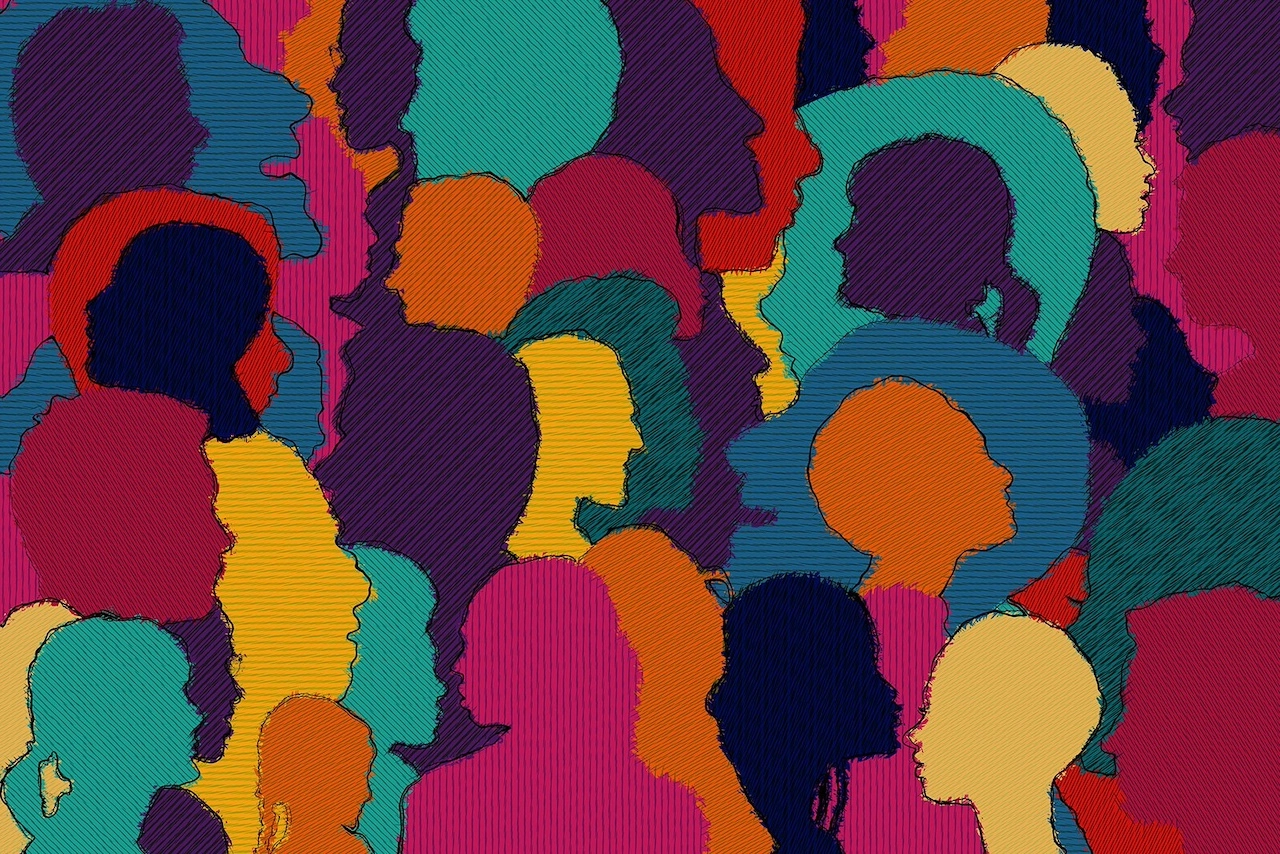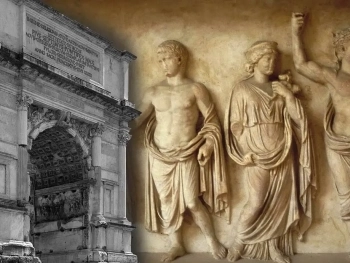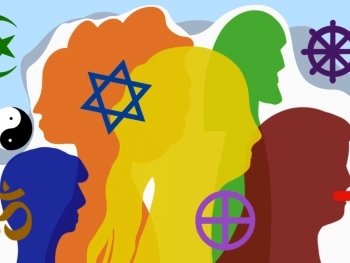In a world marked by religious diversity and cultural pluralism, the need for understanding, tolerance, and mutual respect becomes increasingly paramount. Interfaith dialogue serves as a powerful catalyst for building bridges between different religious communities, fostering a spirit of cooperation and unity amidst the rich tapestry of beliefs. This article delves into the significance of interfaith dialogue, exploring how it contributes to the creation of a harmonious and interconnected global society.
I. Understanding Diversity:
- Appreciating Different Perspectives Interfaith dialogue provides a platform for individuals of various faiths to come together and share their beliefs, fostering a deep appreciation for the diverse ways in which people understand and express their spirituality.
- Breaking Down Stereotypes Through open and respectful conversations, interfaith dialogue breaks down stereotypes and misconceptions that may arise from cultural or religious differences, promoting a more nuanced and accurate understanding of each other's beliefs.
II. Promoting Peaceful Coexistence:
- Common Values and Shared Goals Interfaith dialogue often reveals common values and shared goals among different religious traditions. This common ground becomes a foundation for collaboration on issues such as social justice, environmental stewardship, and community service.
- Conflict Resolution and Mediation By fostering open communication, interfaith dialogue plays a crucial role in preventing and resolving conflicts rooted in religious differences. Through peaceful negotiation and mediation, communities can find common ground and work towards resolution.
III. Building Social Cohesion:
- Community Outreach and Collaboration Interfaith dialogue encourages communities to engage in joint efforts for the greater good. Collaborative projects, whether they involve charitable initiatives, educational programs, or social outreach, strengthen the fabric of society.
- Educational Initiatives Interfaith dialogue often extends to educational initiatives that promote understanding and tolerance from an early age. By incorporating diverse perspectives into curricula, societies can cultivate a future generation that values diversity and inclusion.
IV. Challenges and Opportunities:
- Navigating Differences While interfaith dialogue holds immense potential, it is not without challenges. Negotiating differences in theology, rituals, and cultural practices requires patience, empathy, and a commitment to finding common ground.
- Celebrating Diversity Embracing the richness of religious diversity as an opportunity for learning and growth is essential. Interfaith dialogue encourages individuals to celebrate the unique contributions of each tradition to the broader human experience.
Interfaith dialogue stands as a powerful instrument for weaving the threads of understanding, tolerance, and cooperation in our diverse world. By embracing the differences that define us and seeking common ground, individuals and communities can contribute to the creation of a more harmonious and interconnected global society, where the richness of religious diversity is celebrated rather than feared.




